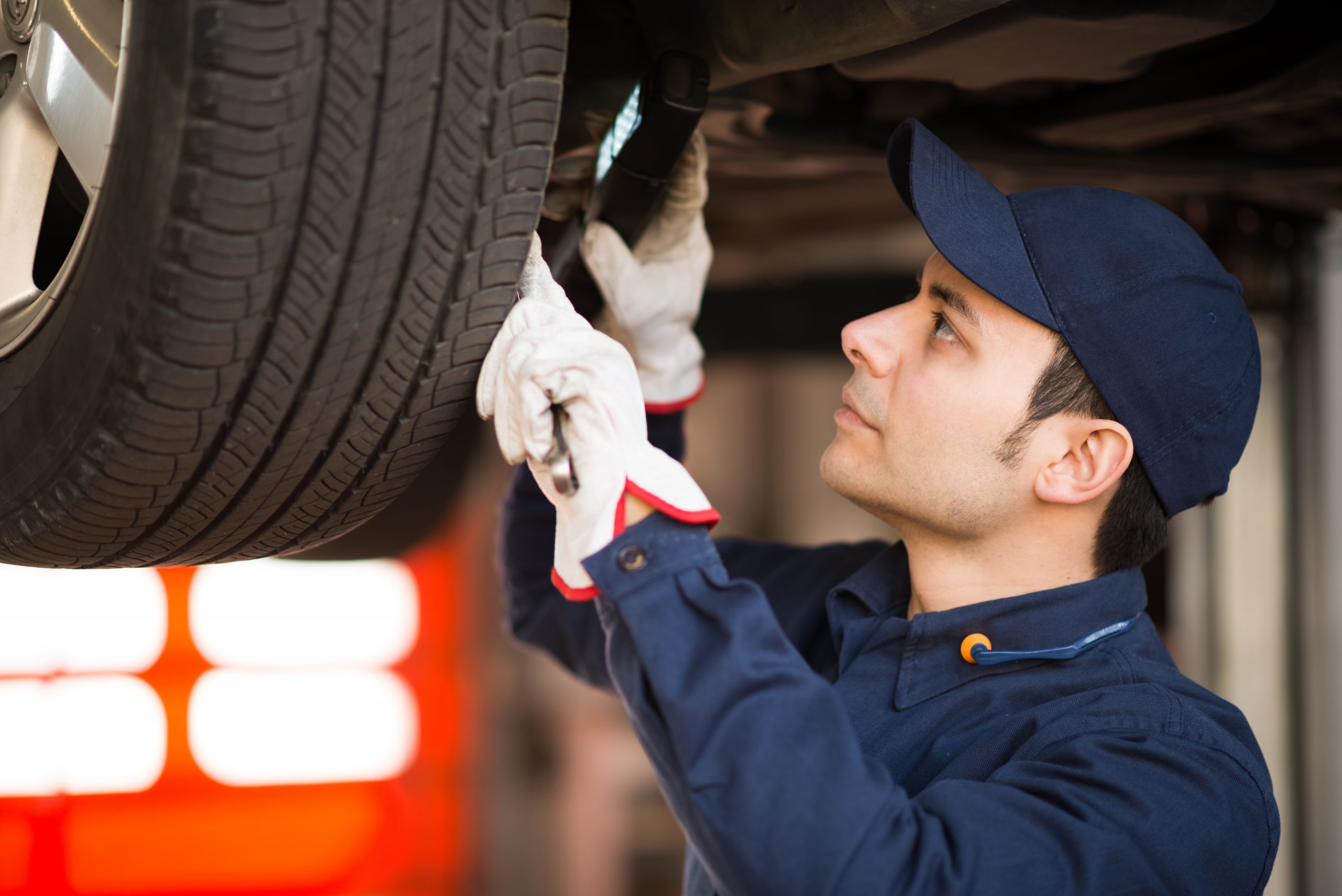Inside Automotive:
 Unpacking the digital retailing work flow during low inventory with Kevin Frye of Jeff Wyler Auto Family
Unpacking the digital retailing work flow during low inventory with Kevin Frye of Jeff Wyler Auto Family
Topping the list of issues facing many of you today is tight inventory. With no relief in sight, according to the experts we speak to, this could mean some serious long-term effects at the dealership level. On today’s edition of Inside Automotive, anchor Jim Fitzpatrick welcomes back Kevin Frye, Marketing Director for Jeff Wyler Automotive Family, to discuss inventory and other trends in the market worth noting. Watch the complete segment here.
Headlines:
The ongoing chip crisis continues to hit automakers, with Toyota, Ford, Honda, Kia, and Hyundai, reporting lower monthly sales in September. Ford’s September deliveries fell 18%, with the automaker’s top-sellers posting declines. GM Q3 light-vehicle deliveries dipped 33% to 443,117, the company’s lowest three months since its bankruptcy in 2009. The seasonally adjusted sales rate for September came in around 12.2 million units, a significant drop from the 18.5 million pace of just 6 months ago.
Tesla’s third-quarter topped expectations with the automaker delivering 241,300 EVs during Q3 of 2021. Analysts predicted that Tesla would deliver around 220,900 electric cars during this period. In its report, the company produced 237,823 cars in the period ending September 20. Of that, 228,882 were its Model 3 and Y vehicles. Tesla plans to host its annual shareholder meeting on October 7.
Rivian has filed for an initial public offering. The automaker shows a $994 million net loss on zero revenue in the first six months of 2021. Last year, the company’s net loss came to $1.02 billion. Amazon and Ford each own more than 5% of the company. Rivian is currently a non-unionized automaker. The company’s filing acknowledged that this status could change and impact labor costs. Rivian operates six service centers and runs eleven mobile service vehicles.
Earlier this year, General Motors and Cruise, GM’s majority-owned autonomous vehicle filed a lawsuit claiming that Ford’s use of the name “Blue Cruise” would likely cause confusion or mistakes of association between Ford and both GM and Cruise. On Sunday, GM and Ford have agreed to settle the lawsuit. It’s not clear what the resolution was and neither company has commented on the specifics. Darryl Harrison, GM representative stated that the companies, “Resolved the case and related proceeding amicably.”
Car-ro, a play on the words “car hero” is a Southeast Asian car marketplace designed to simplify car deals using AI technology. It was founded in 2015 by college friends, Aaron Tan, Aditya Lesmana, and Kelvin Chng. After securing $30 million in funding from SoftBank and Indonesian-based fund EV Growth, the company achieved the coveted $1 billion unicorn status. The total funding is over a billion dollars and puts Car-ro alongside key competitors in an industry worth over $50 billion. As of March, Car-ro recorded revenues of 300 million, up 2.5 times from the previous year. The company is eyeing an initial public offering in the U.S. in the next 18 to 24 months.
News & Opinion:
 Are camera-based inspection systems beneficial in the service drive?
Are camera-based inspection systems beneficial in the service drive?
Topping the list of issues facing many of you today is tight inventory. With no relief in sight, according to the experts we speak to, this could mean some serious long-term effects at the dealership level. On today’s edition of Inside Automotive, anchor Jim Fitzpatrick welcomes back Kevin Frye, Marketing Director for Jeff Wyler Automotive Family, to discuss inventory and other trends in the market worth noting. Inventory. With fewer cars being manufactured and little to no fleet sales, from your perspective, what are the long-term ramifications of the shortages? Read more
 Four ways to maximize customers’ tire satisfaction
Four ways to maximize customers’ tire satisfaction
Tire replacement is an inevitable part of life for most vehicle owners, and when the time comes, they want to purchase a set of tires that offers the perfect balance of quality, performance, affordability, and reliability. Service departments can help ensure that customers aren’t just buying the right tires – but providing added value that increases customer satisfaction and leads to repeat business when it’s time for the next new set. There are four key practices service departments should consider to keep their customers’ tires performing optimally: inspection at installation, look for warning signs of wear during regular service, offer at-home advice, and know when to recommend the next replacement set. Read more
Did you enjoy today’s automotive newscast? Please share your thoughts, comments, or questions regarding this topic by submitting a letter to the editor here, or connect with us at newsroom@cbtnews.com.
Be sure to follow us on Facebook and Twitter to stay up to date or catch-up on all of our podcasts on demand.
While you’re here, don’t forget to subscribe to our email newsletter for all the latest auto industry news from CBT News.




